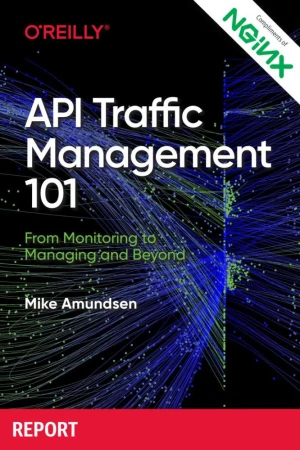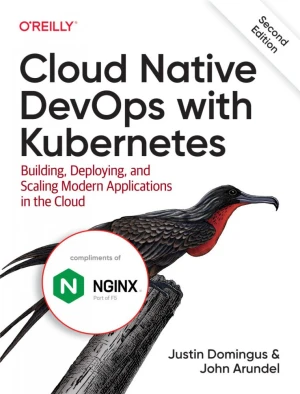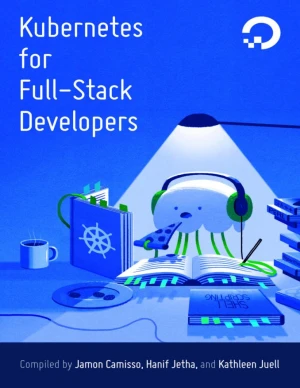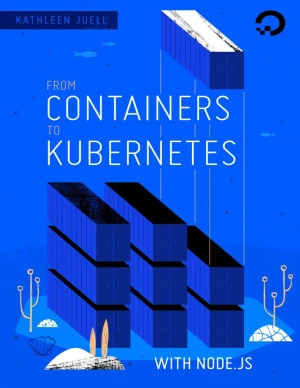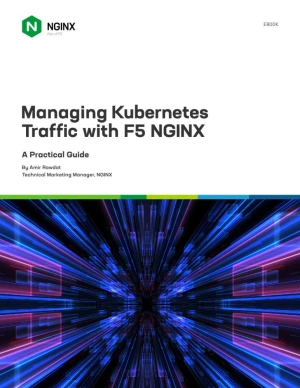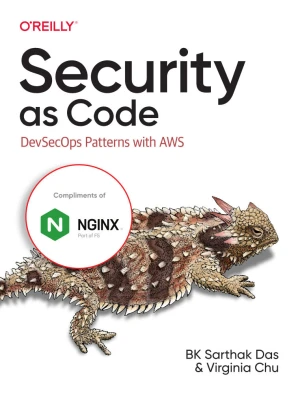Taking Kubernetes from Test to Production
Improving Resilience, Visibility, and Security with Traffic Management Tools
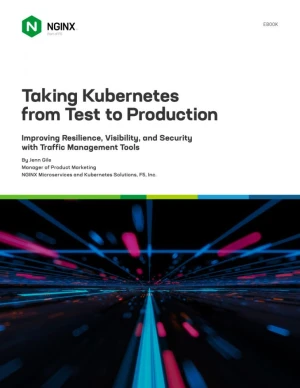
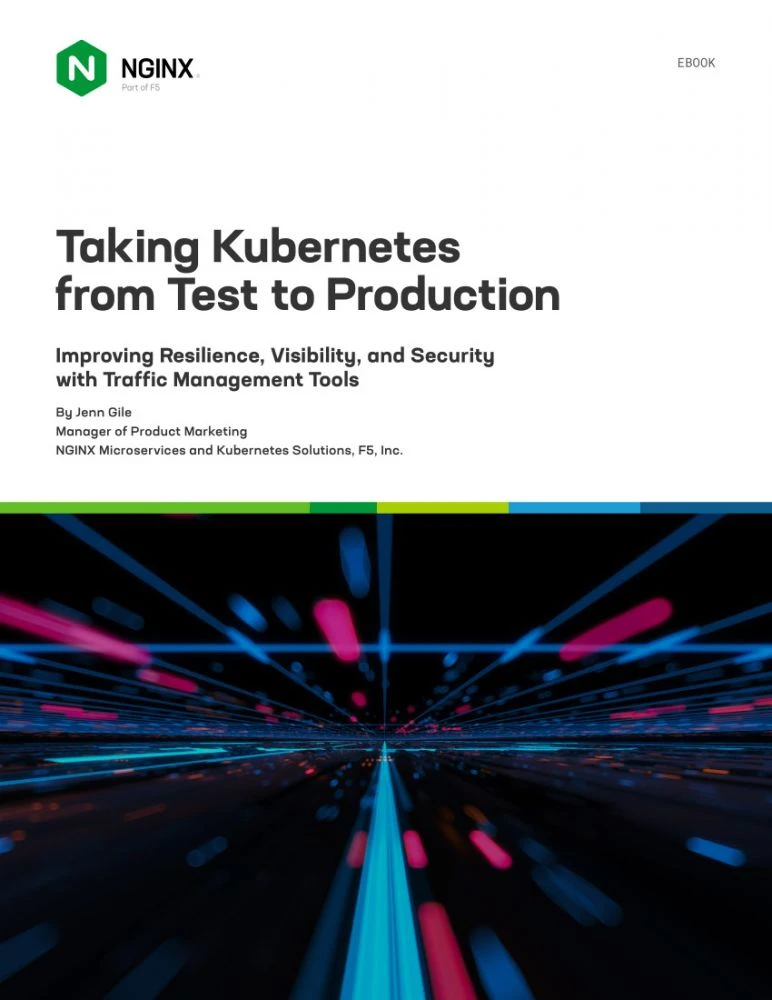
Book Details
| Author | Jenn Gile |
| Publisher | Nginx |
| Published | 2021 |
| Edition | 1st |
| Paperback | 84 pages |
| Language | English |
| License | Open Access |
Book Description
With Kubernetes came many new concepts, particularly around networking and traffic management. Alongside these new concepts were entirely new classes of tools, designed for ephemeral, containerized, and distributed application deployments. In particular, Ingress controllers and service meshes did not exist prior to the Kubernetes era. Nor were Layer 4 and Layer 7 protocols and traffic typically managed from the same control plane. At a granular level, Kubernetes introduces new complexities around security and management. Simple tasks like load balancing are very different in a realm where infrastructure is 100% ephemeral and often moving constantly - both in terms of setting up new instances with fresh IP addresses and geographically moving around the globe.
These new traffic management concepts and tools have the power to vastly improve developer experience and accelerate app development and delivery cycles through greater resilience, higher performance, and better security. But when traffic management is overlooked or under-valued, organizations experience problems that make it challenging to attain that value and can even put the organization at risk. To achieve the Kubernetes dream, teams must understand and manage the traffic in a Kubernetes-native way.
This eBook prepares readers for a journey - from test to production - in the land of Kubernetes. Each chapter offers clear and lucid explanations that can inform a Kubernetes strategy and serve as a reference point for managing the flow of traffic proactively and effectively - from POC to canary, and from blue-green to full production. Insight on useful decision frameworks also help in deciding which traffic management solutions work best (or don't) for specific applications and situations. Complete with reference architectures and instantly usable code examples, this eBook can help readers at any Kubernetes skill level expand their knowledge of Kubernetes traffic management tools and concepts.
With its wealth of quick and clear foundational knowledge, this eBook deserves a place on your cloud infrastructure bookshelf and should become a trusted companion in your quest to master Kubernetes.
This book is published as open-access, which means it is freely available to read, download, and share without restrictions.
If you enjoyed the book and would like to support the author, you can purchase a printed copy (hardcover or paperback) from official retailers.
Download and Read Links
Share this Book
[localhost]# find . -name "*Similar_Books*"
API Traffic Management 101
The aim of this short book is to introduce the general themes, challenges, and opportunities in the world of managing API traffic. Most of the examples and recommendations come from my own experience (or that of colleagues) while working with customers, ranging from small local startups to global enterprises. This book is for those just getting sta
Cloud Native DevOps with Kubernetes, 2nd Edition
Kubernetes has become the operating system of today's cloud native world, providing a reliable and scalable platform for running containerized workloads. In this friendly, pragmatic book, cloud experts Justin Domingus and John Arundel show you what Kubernetes can do-and what you can do with it. This updated second edition guides you through the gro
Kubernetes for Full-Stack Developers
Whether you're just curious, getting started with Kubernetes, or have experience with it, this curriculum will help you learn more about Kubernetes and running containerized applications. You'll learn about core Kubernetes concepts and use them to deploy and scale applications in practical tutorials. By the end of this curriculum you'll be able to
From Containers to Kubernetes with Node.js
This book is designed as an introduction to containers and Kubernetes by way of Node.js. Containers are the basis for distributed, repeatable workflows with orchestrators such as Kubernetes, and they allow developers and operators to develop applications consistently across environments and deploy in a repeatable and predictable fashion. The exampl
Managing Kubernetes Traffic with F5 NGINX
Microservices architectures introduce several benefits to the application development and delivery process. Microservices-based apps are easier to build, test, maintain, and scale. They also reduce downtime through better fault isolation. While container-based microservices apps have profoundly changed the way DevOps teams deploy applications, they
Security as Code
DevOps engineers, developers, and security engineers have ever-changing roles to play in today's cloud native world. In order to build secure and resilient applications, you have to be equipped with security knowledge. Enter security as code. In this book, authors BK Sarthak Das and Virginia Chu demonstrate how to use this methodology to secure any

